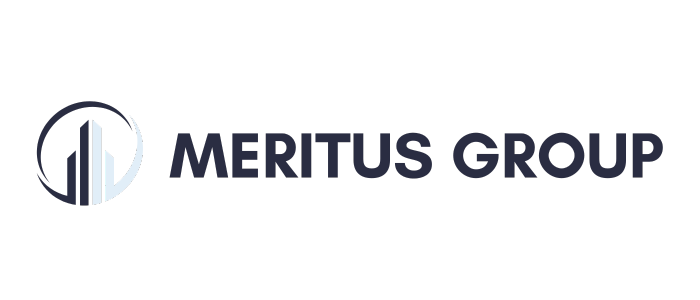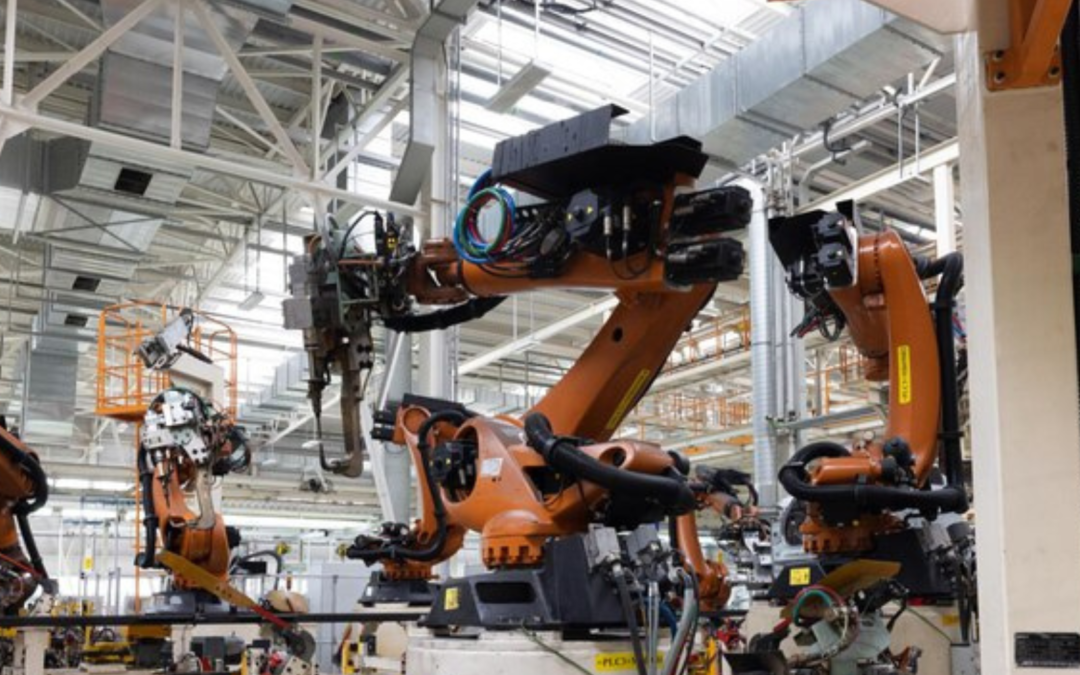In an economy marked by shifting dynamics and uncertainties, established manufacturing and distribution businesses are enjoying renewed demand. While supply chain challenges continue to disrupt industries worldwide, buyers are increasingly drawn to companies with the infrastructure to weather these storms.
Established manufacturers and distributors are at an advantage, boasting not only the physical assets necessary for production and distribution but also an operational resilience that appeals to buyers seeking stability. In this blog, we’ll dive into the factors driving the appeal of established manufacturing and distribution companies, including the benefits of infrastructure, operational reliability, and strong market positioning.
Current Market Trends in Manufacturing and Distribution
Global supply chain disruptions have reshaped the priorities of investors and buyers alike. Companies that can offer continuity and dependability are now at a premium, especially in sectors where delays and shortages have become commonplace. As manufacturing and distribution networks across the globe continue to struggle, buyers are willing to pay a premium for businesses that provide a well-established foundation and optimized logistics.
Key Factors Fueling Demand
- Operational Stability: Buyers are drawn to businesses with reliable supply chains and stable operations. This stability translates into greater predictability and reduced risk, which are highly valuable in today’s volatile market.
- Established Infrastructure: A robust infrastructure minimizes downtime, streamlines logistics, and reduces production costs. Companies with updated facilities, efficient transportation networks, and warehousing capabilities offer a clear advantage.
- Supply Chain Control: Supply chain resilience is paramount, and companies with strong control over their supply chains have a competitive edge. This control is crucial for industries like manufacturing and distribution, where disruptions can quickly impact profitability.
- Adaptable and Scalable Operations: Investors prioritize companies with adaptable and scalable processes. Businesses that can pivot operations or expand production are more attractive, as they promise future growth potential without significant additional investment.
What Makes Established Manufacturing and Distribution Companies So Appealing?
As supply chain delays, labor shortages, and increased material costs put pressure on industries, established manufacturing and distribution companies stand out as attractive investments. Here’s why:
1. Long-Term Stability and Predictability
In uncertain times, stability becomes a premium asset. Established companies with proven track records provide a sense of security that new businesses simply can’t match. For investors and buyers, acquiring a stable business reduces risk and ensures a steady revenue stream, even amid external disruptions.
2. Robust Physical and Technological Infrastructure
Manufacturing and distribution businesses rely on extensive physical and technological infrastructure to maintain efficient operations. Buyers view this infrastructure as a valuable asset, knowing that it would be expensive and time-consuming to replicate. From automated production lines to warehousing and fleet management systems, well-equipped companies offer investors immediate operational capability.
3. Control over Supply Chains
Companies with direct control over critical aspects of their supply chains are better positioned to manage costs and mitigate risks. In today’s market, this level of control is extremely attractive, as it allows businesses to sidestep some of the most common disruptions affecting global trade.
4. Strong Customer Relationships
Long-standing manufacturing and distribution businesses have often cultivated strong relationships with clients, suppliers, and partners. These established networks offer additional value to buyers, as these connections can lead to ongoing contracts and repeat business, further solidifying the company’s financial position.
5. Access to Skilled Labor
One of the key challenges facing the manufacturing sector is a shortage of skilled labor. Established companies have the advantage of retaining experienced staff and established hiring practices. This stability is a key factor for buyers who may be wary of high turnover and costly training associated with building a workforce from scratch.
Types of Manufacturing and Distribution Companies Attracting Buyers
Certain segments of the manufacturing and distribution industry are particularly attractive to buyers due to their resilience, growth potential, and established customer bases.
1. Food and Beverage Production
The food and beverage industry continues to grow, and manufacturers in this space have the advantage of recurring demand. Businesses with robust distribution channels, advanced warehousing, and efficient supply chains are especially appealing to investors looking to tap into this stable sector.
2. Pharmaceuticals and Medical Supplies
With global healthcare demand rising, pharmaceutical and medical supply manufacturers are in a strong position. Established businesses in this field, with regulatory compliance and strong quality assurance, are particularly valuable.
3. Automotive and Machinery Manufacturing
Companies involved in manufacturing components for automotive and industrial machinery have also seen demand. These businesses tend to require specialized equipment and skilled labor, making them difficult to replicate and attractive for acquisition.
4. Consumer Goods Distribution
Consumer goods distribution companies, particularly those handling e-commerce logistics, are prime targets. Buyers are especially drawn to companies with warehousing capabilities and efficient delivery networks to meet growing consumer demand.
5. Technology and Electronics Manufacturing
With tech demand soaring, electronics manufacturers offer buyers a unique opportunity for growth. Companies with established relationships with suppliers, as well as reliable processes for managing complex logistics, provide a high level of attractiveness in a field with considerable barriers to entry.
Key Advantages of Selling an Established Manufacturing or Distribution Business
Selling a well-established business provides unique advantages, especially in a market where demand for reliable operations is high. If you’re considering selling, here’s why now may be the right time:
1. High Market Demand
The manufacturing and distribution industry has become a focal point for buyers looking to capitalize on existing infrastructure. With limited availability of established businesses, you can expect a favorable sale price.
2. Faster Transaction Process
Buyers are eager to acquire businesses that can integrate seamlessly into their portfolios. The ready infrastructure of established companies allows for a quicker transaction and onboarding process.
3. Potential for Premium Sale Value
Infrastructure, established customer relationships, and skilled labor are assets buyers highly value. Established companies with these features often command a premium in the market.
4. A Favorable Seller’s Market
The current economic landscape favors sellers, particularly those with strong infrastructure and operational resilience. If your business meets these criteria, now is the time to take advantage of this market trend.
Ready to Capitalize on Demand? Contact Meritus Group
If you own a manufacturing or distribution business with established infrastructure, the market is ready for you. Buyers are actively searching for companies that offer the stability and growth potential they need to navigate today’s uncertain economy.
Meritus Group Business Brokerage specializes in helping sellers achieve top value for their businesses by connecting them with motivated buyers. Our team understands the nuances of manufacturing and distribution, and we’re here to help you get the best possible outcome for your sale. Contact us today to learn more about how we can assist in your selling journey, or reach out directly at 📞 (605) 252-9520 | 📧 info@meritus.group.

